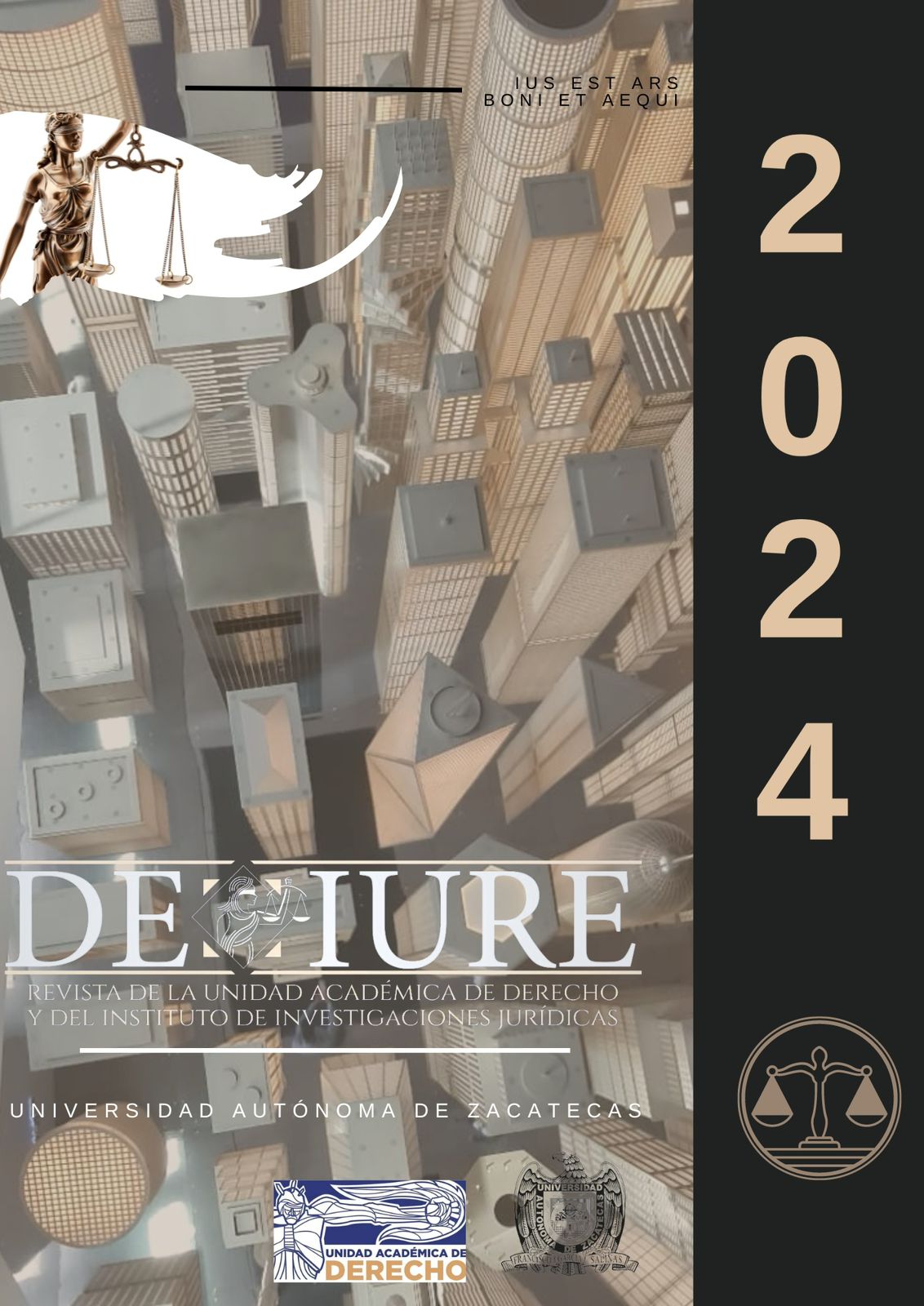La política pública de combate a la corrupción
Published 2024-08-21
Keywords
- Corrupción,
- Estado de Derecho,
- Política Pública,
- Sistema Nacional Anticorrupción
How to Cite
Abstract
The present investigation is based on the fact that the policy to combat corruption that implied a structural reform in the matter began during the six-year term 2012 - 2018. However, starting with the present administration 2018 - 2024, the way in which that said policy is implemented has been radically modified, which puts at the center of the discussion whether the principles under which it was originally outlined are still valid and whether they will be able to meet the objectives for which it was designed and implemented, despite the fact that it is not being applied in the way it was originally proposed.
The objective is to verify whether the guiding principles of the public policy to combat corruption in Mexico, under which it was established, are still valid based on the way in which it is currently being implemented and if, based on the way in which it is carried out, an effective fight against corruption can be achieved. A legal-political analysis of the Anti-Corruption Policy and the theoretical principles that govern it has been prepared. In addition, a data analysis is carried out based on official information emanating from the main actors in charge of implementing the strategies of the own public policy in order to determine the degree of progress or, where appropriate, setback in the fight against corruption.
At this time, we can point out that: a) The public policy to combat corruption has not reached the degree of progress that it should have by now; b) the mechanisms for implementing the strategies have been significantly modified; c) political actors, those in charge of implementing public policy, have had a direct impact on the deviation from the primary objectives of combating corruption.


